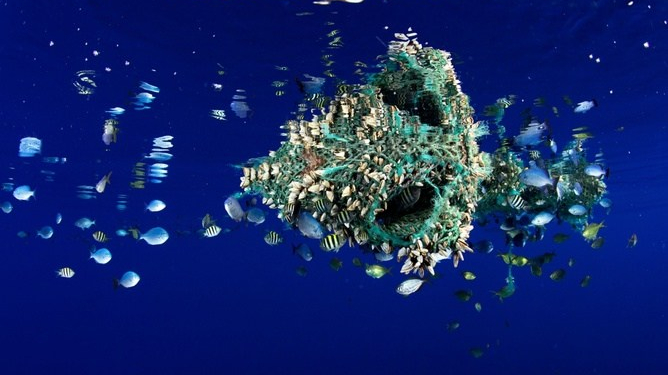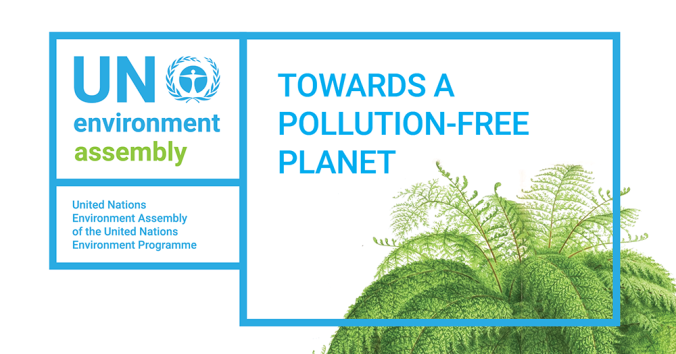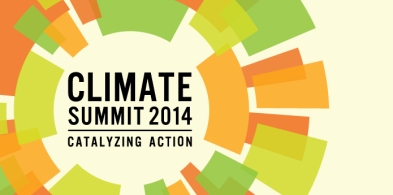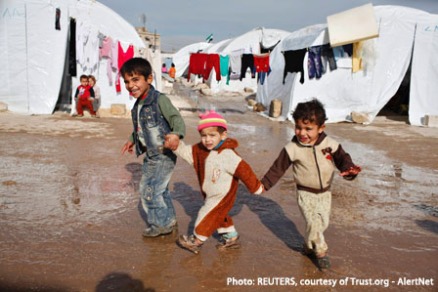During the 1992 Earth Summit in Brazil, the Ocean Institute of Canada and the Canadian International Centre for Ocean Development promoted the idea of establishing an internationally recognized World Oceans Day. Since the 1992 summit, this day has been observed annually on June 8th. Throughout the conference, it was noted that among all of the earth’s sectors, the oceans were the most neglected. Thus, the initial purpose of World Oceans Day was to shift the world’s oceans to the center of the discussion for NGOs and government organizations.
Today, the health of the world’s marine ecology is deteriorating at an unprecedented rate, with some 7 million tons of litter discharged into the oceans annually, 50% of which is composed of non-degradable, long-lasting plastic. Thousands of underwater animals, such as sea turtles and blue whales, encounter painful deaths from ingesting, or being tangled up in plastic. For instance, fish in the North Pacific region engulf an average of 12 to 24 thousand tons of plastic every year, thus resulting in severe intestinal injury, deaths, and the eventual transference of the plastic up the food chain. Due to this dire pollution, 200 “dead zones” are completely deprived of oxygen and marine life. The number of these zones has doubled every 10 years since the 1960s. Other detrimental effects include eutrophication, coral bleaching and toxic algal blooms.
Though a significant percentage of women are engaged in the maritime, fishing, and other ocean-related industries, administrative and decision-making bodies notably lack female representation. Thus, the theme of this year’s celebration was not only to highlight and raise awareness regarding this critically important absence, but to prioritize action towards its resolution. The integration of women, as has been empirically proven, is overwhelmingly beneficial for effective change. With insight into how oceanic degradation impacts local societies, women are well-equipped to produce creative and community-oriented responses such as providing necessary environmental education of future generations. Further, empowering women’s voices and granting them access to resources for large-scale projects opens the opportunity for increased overall support for the oceans’ cause and the consequent fortification of global efforts to battle climate change and related environmental issues.
During this year’s celebration of World Oceans Day, the United Nations hosted a series of events to spread awareness about the multidimensional issues associated with the world’s oceans and to applaud past successes in addressing these issues. On June 7th, 2019, the UN hosted the World Oceans Day Conference in which speakers were invited to present on the theme of “Gender and Ocean” and to tell inspiring stories about their relationships with the ocean. Furthermore, the President of the General Assembly launched the “Play It Out” campaign with the goal of combating plastic pollution on a global scale. To conclude the celebration, the World Oceans Day Photo Competition fully unleashed the story-telling power of photos and effectively shared the message of ocean preservation.
One of the stories elaborated upon during the June 7th conference highlighted the acute problem of slavery at sea. As fish stocks have diminished due to over fishing along with an increased global demand for seafood, some fishing operations have resorted to the trafficking of fishermen, threatening them to work for the operations under inhumane conditions. At the conference, Mr Tun Lin, a fisherman from Myanmar, detailed how he was enslaved on an Indonesian fishing boat for 11 years, thus exposing the appalling truth of some international fisheries – that the seafood exported to other countries and eventually brought to our plates is often a result of blood, sweat and lives. “For years,” Mr. Tun Lin expressed, “I was enslaved and my rights were violated.” He urged the UN and the world’s governments to promote the rights of fishermen by regulating policy and implementing laws to combat against slavery so as to protect fishermen from severe forms of human rights abuses.
Ms. Angelique Pouponneau, native of the Seychelles, followed Mr. Tun Lin’s story with an uplifting narrative about her many successes as a woman, and her meaningful relationship with the ocean. Pouponneau, having grown up in the matriarchal society of the Seychelles, was surprised upon traveling abroad to be trained as a lawyer as she found that she was expected to take on male attributes in order to be considered a serious professional. Following her training, she began a career grounded on the ideals of sustainable development. Her many accomplishments include the founding of an NGO dubbed SIDS Youth focused on implementing sustainable development goals in small island developing nations, setting up training workshops for female negotiators, and becoming the first female CEO of the Seychelles Conservation and Climate Adaption Trust.
There are many ways through which the world’s oceans can be protected, including academic research and the private sector. Researchers and corporate investments have the potential to catalyze technological advancements that could aid in the improvement of pollution tracing, cleaning waste and discovering sustainable product life cycles. Multi-sector collaboration is also an essential element of the formula to save the world’s oceans. This vital aspect was exemplified by the corporate synergy from Adidas and Parley as this collaboration showcased how plastic products could be reused and incorporated into the production of new sneakers.
Written by: WIT Summer Interns 2019





